Temporomandibular Disorder (TMD) is a condition that affects the temporomandibular joint (TMJ), which connects your jawbone to your skull. This disorder can cause pain and dysfunction in the jaw joint and the muscles that control jaw movement. TMD can be a result of various factors, including genetics, arthritis, jaw injuries, or excessive teeth grinding.
Symptoms of Temporomandibular Disorder:
Jaw pain or tenderness
Difficulty or discomfort while chewing
Clicking, popping, or grating sounds in the jaw joint
Locking of the jaw joint
Headaches or migraines
Earaches or ringing in the ears (tinnitus)
Facial pain or discomfort
Prevention Tips for Temporomandibular Disorder:
Maintain Good Posture: Proper posture is essential for overall musculoskeletal health, including the jaw. Sit and stand up straight to reduce unnecessary strain on your neck and jaw muscles.
Avoid Excessive Jaw Movements: Limit activities that require prolonged or extreme jaw movements, such as excessive gum chewing or wide yawning.
Manage Stress: Stress can contribute to teeth clenching and grinding, exacerbating TMD symptoms. Practice stress-reduction techniques like deep breathing, meditation, or yoga.
Modify Eating Habits: Opt for smaller, softer food items to reduce the strain on your jaw joint. Avoid overly hard or chewy foods that may contribute to jaw discomfort.
Stay Hydrated: Dehydration can lead to muscle tension, including in the jaw. Ensure you stay adequately hydrated throughout the day.
Practice Jaw Exercises: Gentle jaw exercises can help strengthen the muscles around the TMJ and improve flexibility. Consult with a healthcare professional for appropriate exercises.
Use Relaxation Techniques: Incorporate relaxation techniques, such as warm compresses or massages, to alleviate muscle tension in the jaw area.
Custom Mouthguards: If teeth grinding or clenching is an issue, consider using a custom-fitted mouthguard at night to prevent further damage to the teeth and jaw.
Avoid Excessive Caffeine and Stimulants: These substances can contribute to increased muscle tension and may worsen TMD symptoms.
Regular Dental Check-ups: Maintain regular dental appointments to address any dental issues promptly and seek professional advice on TMD management.
Temporomandibular Disorder can significantly impact an individual’s quality of life, but with proactive measures and lifestyle adjustments, many people can manage and prevent the worsening of symptoms. Incorporating these prevention tips into your daily routine and seeking professional guidance when needed can contribute to a healthier and more comfortable jaw function. If you experience persistent TMD symptoms, consult with a healthcare professional or a dentist for a personalized treatment plan.
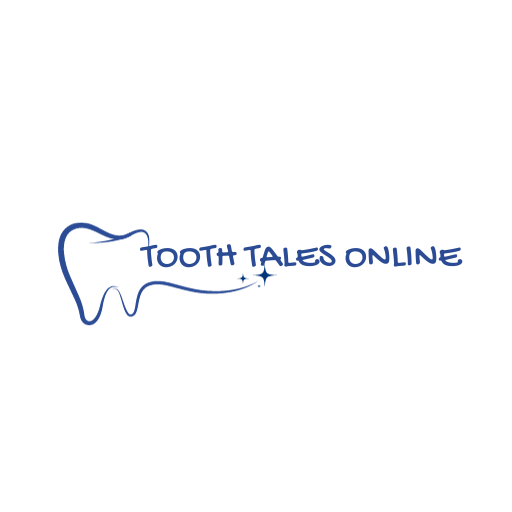
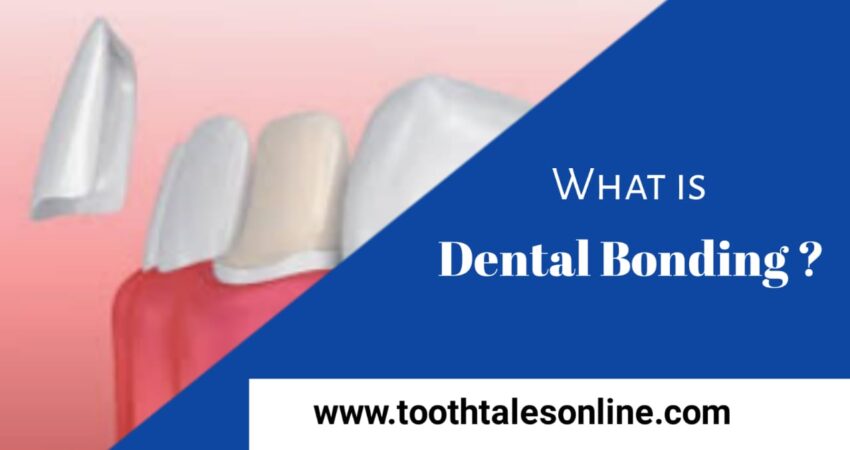

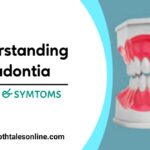
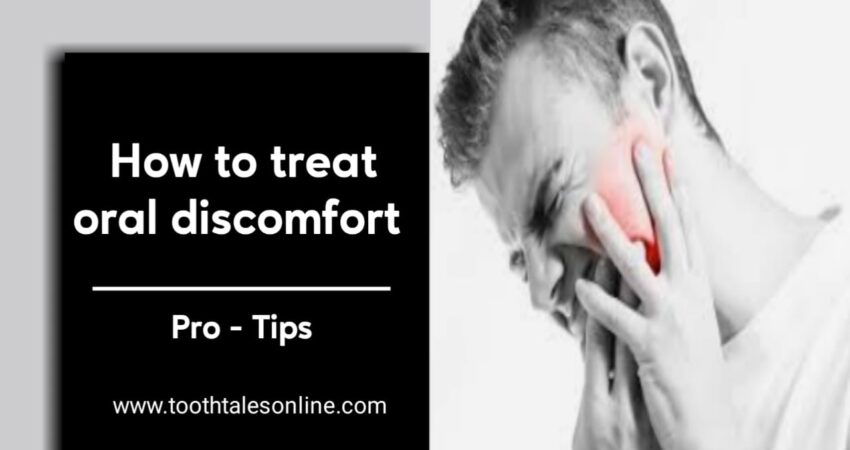


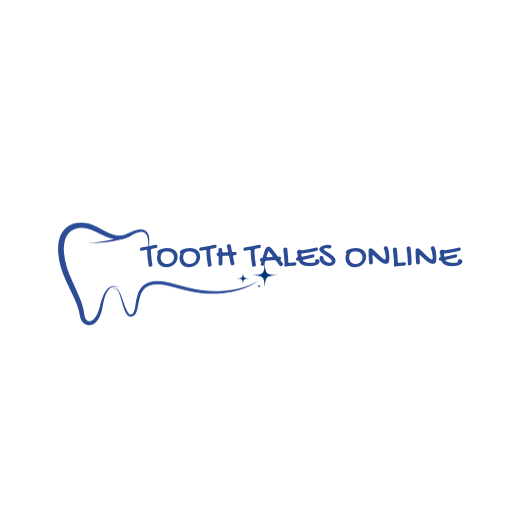
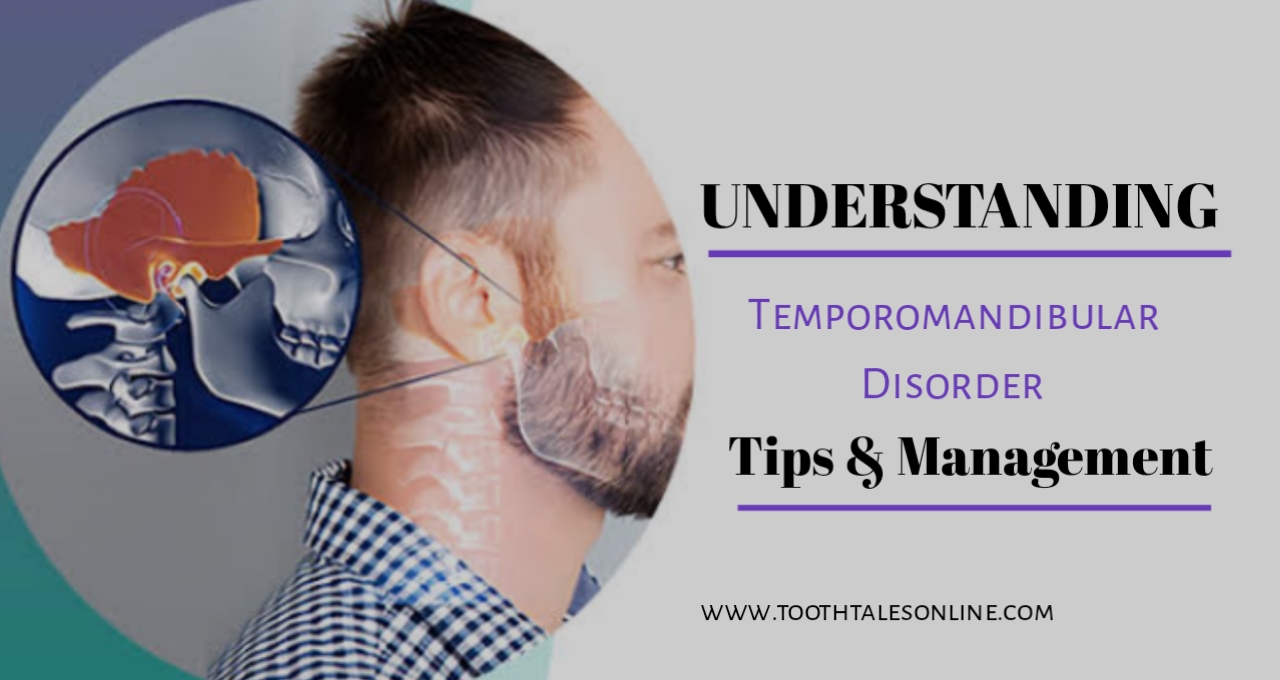
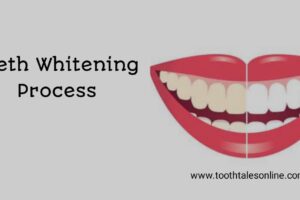












Add Comment